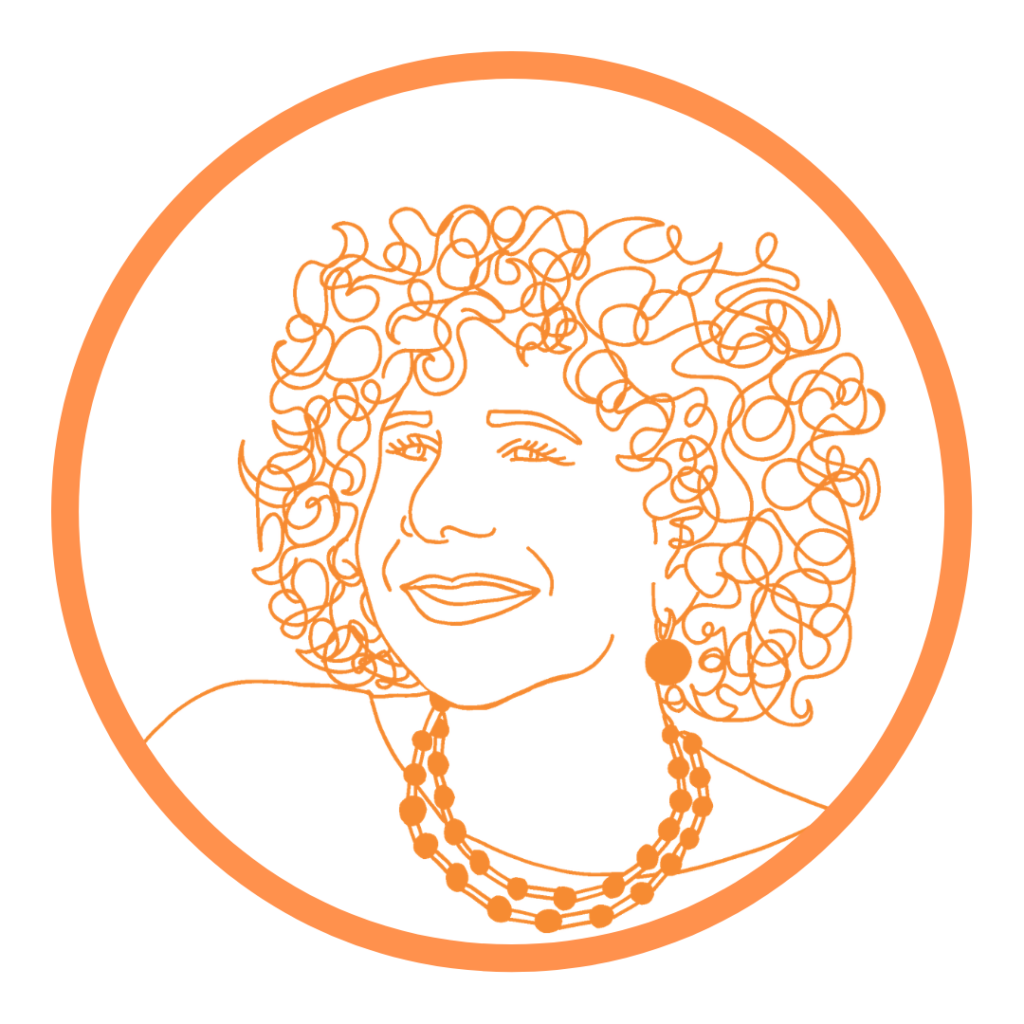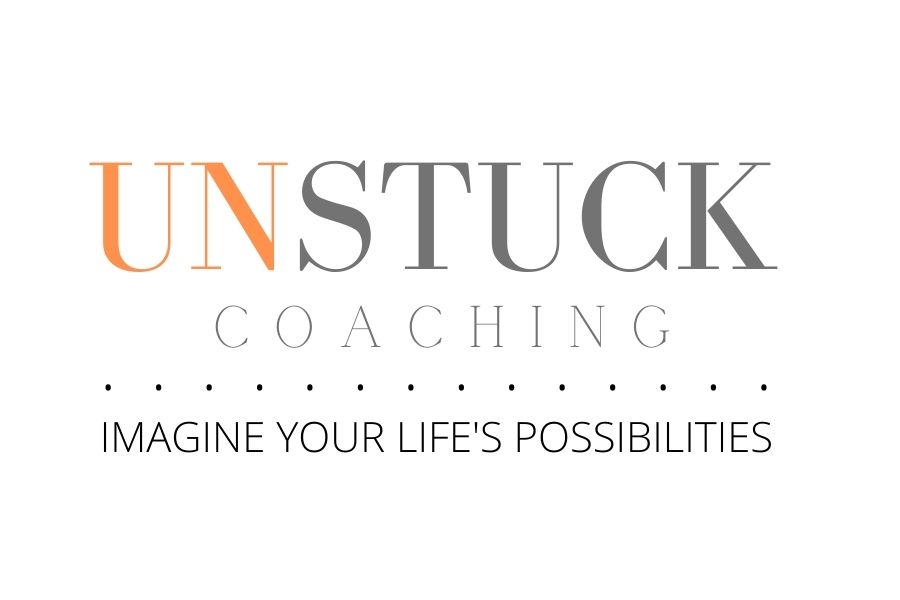I’m not a neuroscientist, but I am reading several different books and articles on neuroscience.
Once I started studying how our brains work, the topic seemed to come up everywhere. For example, I was at the chiropractor, and it turns out she’s exploring the brain related to how we feel pain.
We think we have free will, but our brains might say otherwise.
I used to believe that if I was thinking about making a change and it felt hard or scary, that was a clear and obvious sign that it wasn’t the correct change. But here’s the deal. Your brain’s job is to protect you. Your brain knows what it likes, and it wants what it knows. Your brain prefers the familiar and what it deems to be safe. So when you think about change, your brain senses a threat, like a tiger attack. It sends signals that say DANGER AHEAD, don’t do that. Your body senses that signal, you back down, retreat, and go back to business as usual. Your brain is just doing its job, which works well in an imminent tiger attack or real physical danger. But it doesn’t work well when you want to make changes in your life. That’s why change is so darn hard.
How do you push through and make changes anyway?
Small, consistent changes get significant results. For example, I’d like to exercise more each day. I start my day around 4:00 am, and by 4:00 pm, I’m ready to sit down, relax, read and watch the news. But what I should do is take a 10-minute walk or get on the elliptical while watching the news. I know I should do this, but if I hesitate for even 5-seconds – literally just 5-seconds, I’ll talk myself out of it. If I would just go when my reminder goes off, every day for several weeks, my brain wouldn’t fight with me on this change, and it would become a new habit.
Imagine how your brain fights even more significant changes like moving, changing jobs, training for a 5k, or getting out of a bad relationship.
“We continue to do what we’ve always done because change is hard, and the fear of the unknown seems scarier than staying stuck.”
Change often happens when there’s a breaking point, and the pain of doing what we’ve always done feels worse than moving forward. Sometimes, just sharing with someone you trust about the desire to change is the first step to making it happen. With someone on your side, the change doesn’t seem quite so hard.
5-Simple Steps to Make Meaningful Changes:
- Recognize and accept that your brain is trying to protect you, but that doesn’t mean you can’t or shouldn’t initiate changes.
- Significant change can happen with small, consistent (and less scary) steps.
- Often we’re compelled to change when doing nothing becomes more painful than doing something.
- Be sure you have an ally who will support your desire to make a change.
- Imagine how you’ll feel once you make the change happen. Visualize a future you once you’ve made this change. It can be life-changing.
- Imagine Your Life’s Possibilities!
Need an ally to get started? I’m here to help. Schedule a complimentary sample session, and let’s get started today.

Barb Mason, Coach
I am a coach and jewelry designer. At UNSTUCK Coaching, I help middle-agers make changes toward the most fulfilling employment experience. As my own first coaching client, I know what it takes to get UNSTUCK.
Unlock access to a FREE coaching session and downloadable journaling guide when you sign up for the UNSTUCK newsletter.
Join me on social media:


Recent Comments